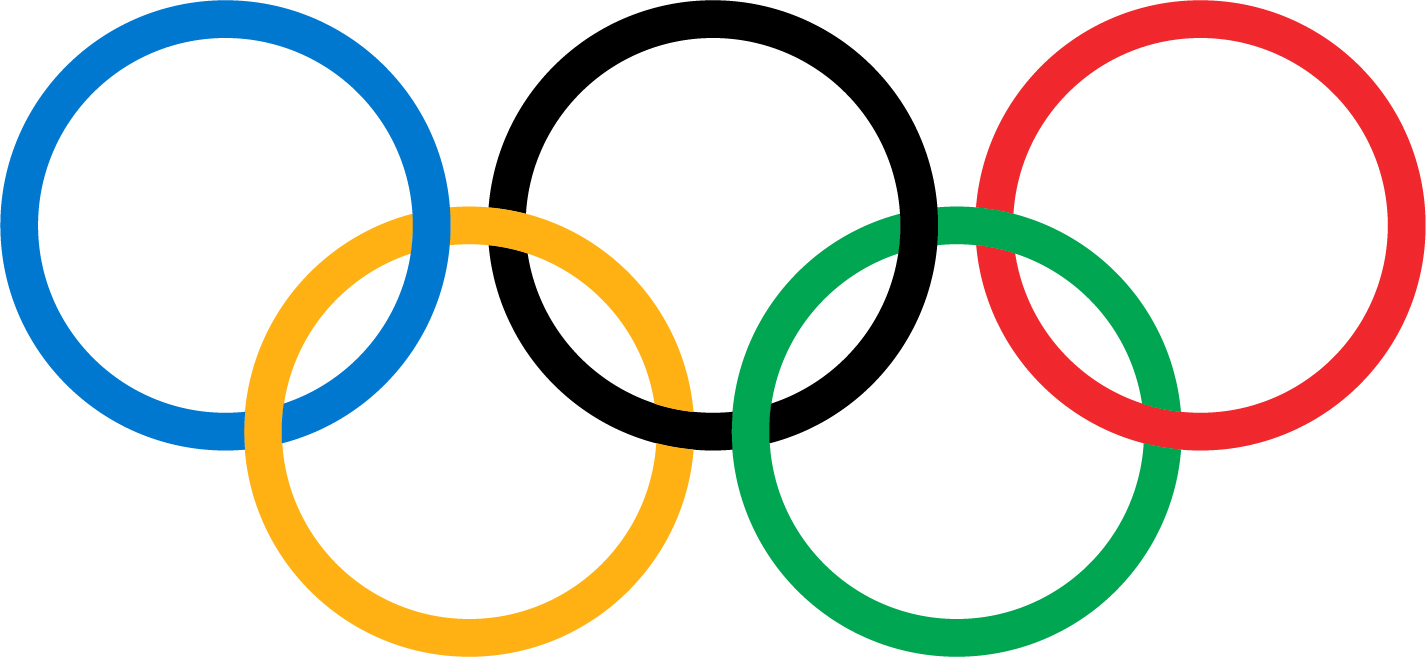Just 7 Questions
JUST 7 QUESTIONS
May 7, 2024

Marie SALLOIS


Georgina GRENON
Every 7th, of every month, we ask the questions you’re all thinking for a 2 minute read that gives you the low down on the latest stories.
With the 2024, Paris Olympics gearing up to start on July 26th we caught up with some of their senior team to see how important sustainability is to these Olympics. Here’s our conversation with IOC’s’ Director of Sustainability Marie Sallois and Georgina Grenon, Director of Environmental Excellence, Paris Olympics 2024.
1: When the Olympics come to town, it can often mean an explosion in building projects to create stadiums and infrastructure. How is the 2024 Paris Olympics mitigating this?
MARIE SALLOIS:
One of the critical recommendations of the IOC’s reform program, Olympic Agenda 2020, is to make the best use of, and improve, what is already available. This includes requiring hosts to keep construction to a minimum. Paris 2024 has taken this approach to heart, reducing and reusing wherever possible.
GEORGINA GRENON:
We applied this principle throughout the Games and, of course, also when it comes to venues. 95 percent of competition venues are already in place or will be temporary. Reduced construction is one of the key levers we chose to reduce our carbon emissions. Our aim is to halve them compared to previous Games, aligning with the Paris Agreement on Climate Change.
2. The Seine has been so polluted that since 1923, it has been illegal to swim in it! This year, you are aiming to hold swim races in the river! How was that made possible?
GEORGINA GRENON:
The potential for the Seine has always been there. The Paris 2024 Organizing Committee, the French government and the city of Paris understood early on that the Games were an opportunity to get the Seine clean again. Since the Games were awarded to Paris, a taskforce led by the State and the City of Paris was put in place, and a significant investment was allocated to fix the root causes of pollution. That’s an investment for all Parisians to be able to swim in the Seine from 2025 onwards. The Games serve as an accelerator.
MARIE SALLOIS:
We are pleased to see that the Olympic Games are accelerating efforts to reduce pollution in the Seine and restore public bathing in the river. This approach is in line with the IOC’s ambition to ensure the Games create long-term benefits for the residents. The scale of this endeavor is enormous and could become an important part of the Games’ social and environmental legacy, which will potentially benefit Parisians for generations to come.
3. At the 2012 Olympics, there were fears that athletes and spectators wouldn’t be able to get to events easily due to congestion. How is Paris handling getting people to the Games?
GEORGINA GRENON:
All Paris 2024 venues will be accessible by public transport. Public transport frequencies will be increased when compared with a similar period in previous years but will remain below a “normal” month of November, for example. In addition, more than 400km of cycle paths are being added, along with 20,000 secured parking slots for bikes. All this is to encourage cycling as a transport to and from the venues.
4. Is there a food waste management system for the Paris Games?
MARIE SALLOIS:
To cut global emissions, the world must change the way it produces and consumes its food. Paris 2024 will show an example of how it can be put into action and how to reinvent catering for sport events and deliver nutritious and tasty food.
GEORGINA GRENON:
We are set to serve up 13 million meals and snacks, with half of the average carbon emissions of a “standard” French meal. This ambitious goal will be obtained mainly through 4 levers: doubling the amount of plant-based ingredients, local and seasonal sourcing, halving the use of single use plastics and fighting food waste. So, yes, food waste management is an important component of the Paris Food Vision, with measures including the optimization of orders and stock, redistribution of unsold stock to local associations, with which conventions are already signed, the collection and composting of biodegradable waste, and awareness raising on food waste issues.
5. How are you limiting the use of single-use plastics at the Games?
GEORGINA GRENON:
Paris 2024 is one of the world’s largest catering events and it therefore wants to set an example. The overall aim of Paris 2024 is to cut the use of single-use plastic in catering by half compared to previous Games. Half of the 18M beverage servings will be served without any single-use plastics. There will be no disposable tableware at the Olympic Village restaurant, a massive effort knowing it will serve 40.000 meals a day, it’s the world’s biggest!
6. Have you done anything in Paris that might surprise people in terms of sustainability?
GEORGINA GRENON:
Most of the most important changes to make these Games more sustainable won’t necessarily be visible to people, hence the importance of making them somehow visible.
But, for most people, probably the most surprising aspect of these Games in terms of sustainability will be to realize that it is possible to stage a major sporting event while reducing its environmental impact and increasing its social benefits, and to see that in many details through their spectator experience : getting to the venues by public transport, entering the venue with their own reusable bottle (it’s forbidden normally in France), seeing a different food offering to choose from and not touching a single-use plastic bottle, noticing the venue was made of wood or recycled plastics, etc.
These Games are truly setting new standards in terms of staging more sustainable events and, at the same time, they will still be spectacular. Imagine watching your favorite sports at some of Paris’s most iconic historical sites – the Eiffel Tower Stadium, the Grand Palais, the Concorde, Palace of Versailles, and more…Paris 2024 is proving to the world that it is possible to stage a spectacular event by doing more with less, doing it better and with long-term benefits in mind.
7. What about the next Olympics in LA; will sustainability be key there too?
MARIE SALLOIS:
Yes, focus on sustainability is a key part of our strategic roadmaps, Olympic Agenda 2020 and Olympic Agenda 2020+5, which require the Games to be more sustainable. Paris 2024 is the first Games to be fully aligned with Agenda 2020, but of course they will not be the last. The Olympic Games Los Angeles 2028 are going for a “radical reuse” strategy, meaning that 100 percent of the venues will be existing or temporary. The Los Angeles Memorial Coliseum, for example, will be used for the third time at an Olympic Games, having been used in 1932 and 1984. In fact, Los Angeles organizers say the 2028 Games will focus not on buildings but on people: athletes, fans, and the LA community.
